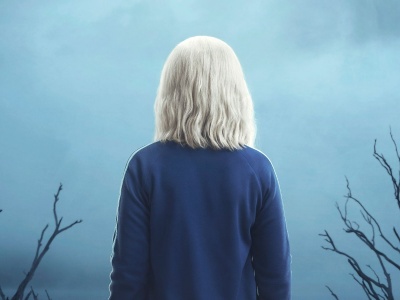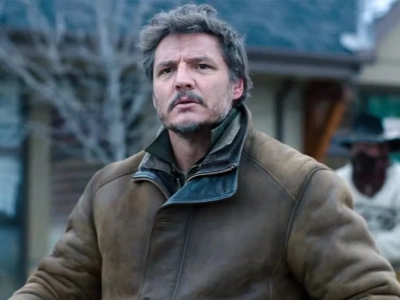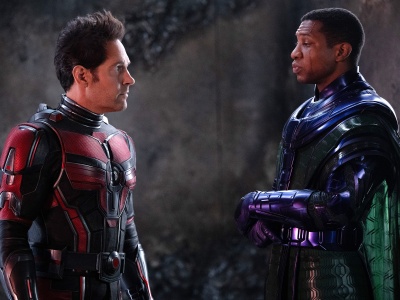There are a few things that stop me from watching CW’s The Flash and Marvel’s Iron Fist is one of them.
Many feared that Netflix left the most underwhelming member of the upcoming Defenders crossover til last by design, slipping in thirteen forgettable episodes with a yawnish intellectual property before immediately apologising with the crossover the audience have been frothing for. Nothing could be further from the truth.
Iron Fist is a compelling standalone adventure and a neat expansion to the Netflix street-level corner of the Marvel Cinematic Universe. Rosario Dawson and Carrie Ann Moss are reliable throughlines akin to Nick Fury but it is the reappearance of the Hand from Daredevil that really connects. It’s bringing things full circle and to the forefront far quicker than anticipated in preparation for The Defenders.
The show is at a detriment there – most of those watching will be searching for clues for the hotly anticipated crossover and not enjoy what’s in front of them. Captain America: The First Avenger copped some unfair heat in the same way, and there’s more than a few tricks mirrored in Iron Fist that suggest MCU Phase One’s penultimate instalment was an important touchstone for the writers.
To borrow a phrase from Marvel’s Doctor Strange, but it is as if the narrative has exploded to crossover proportions but delivered through the keyhole of Danny Rand’s point of view. It’s a personal story serving as a prologue to the epic teamup.
Finn Jones is our title hero and punctuates his performances with little nervous ticks or complete states of calm that show a deep respect and understanding of the character. There’s no arguing that these are the B-listers of the Marvel lineup but still the writers and actors are able to fashion hugely entertaining stories that tackle problems faced by real people. Jones’ softness and childish naivety make him far more accessible than DC’s similar hero Green Arrow.
Although Green Arrow is shipwrecked as an adult and suffered an arguably crueller and survivalist exile. Semantics… though it’s worth noting that never while viewing the show will the audience confuse the shows. The tones are wildly different – Iron Fist is a wolf in sheep’s clothes while Arrow is a sheep in wolf’s clothes. There’s also some sparing doses of Netflix-Marvel gore but nowhere near the overindulgence that Daredevil took.
Like all previous Netflix-Marvel collaborations it takes a few episodes to get the wider arc rolling. A few breadcrumbs are scattered here and there but it’s more personal obstacles in Danny’s way upon his return to Earth that allow a thorough explanation of a fairly damaged character.
That’s part and parcel of being a Defender. The adult tone of the series allows the filmmakers to look darker and more complex emotions than a quick, profitable (but still quality) blockbuster. The brighter tone of Iron Fist is cleverly disarming.
Danny still has the spirit of a young child as he tackles all the obstacles the Hand throws at him. It’s easy to see why the comic sold well. He approaches everything as the idealistic child that was sucked from the plane and not a rougher, tougher New Yorker. This is underscored in the parallels between Danny’s training and child abuse. There is much to be mined from that trauma yet.
So instead of the meek disappointment most expected Marvel fans everywhere can rejoice. Iron Fist is another feather in the cap of the juggernaut that will only further fuel hype for The Defenders. Netflix has once more brought something brilliant to our screens.
Marvel’s Iron Fist premieres on March 17 on Netflix
Review by Mark Halyday









